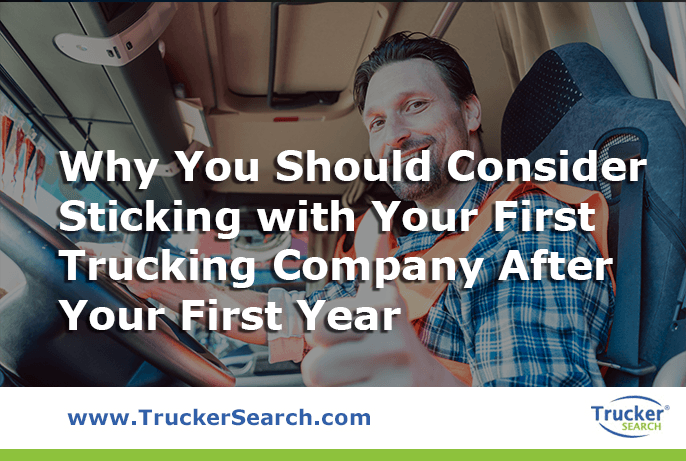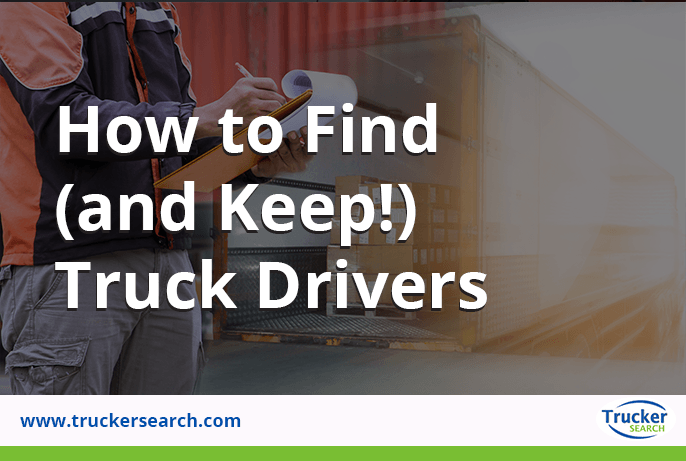Steven Wright once said, It doesn’t matter what temperature a room is, it’s always room temperature.
If you’re a reefer operator, you have to be a little more precise.
A reefer, or refrigerated truck, is a truck that has a built-in refrigeration system in order to haul temperature sensitive freight safely. The trailer must be maintained meticulously to keep it running properly so that the food being hauled is kept at safe temperatures. If it is not kept at the right temperature, food can be lost, costing the company thousands of dollars or worse yet, people could get sick and even die, costing your employer million dollars in lawsuits and lost sales due to a damaged reputation.
Food Safety is a public safety issue. In 2017, the FDA launched the Food Safety Modernization Act intended to protect foods from being contaminated on their way from the farm to consumers. The requirements include rules for the cleanliness of vehicles and transportation equipment, required temperatures controls, keeping ready-to-eat foods and non-food items away from raw foods, and keeping out contaminants and allergens. Also included are guidelines for food safety training and record-keeping which must be detailed and kept for a year. For more on the act, go here.
As a reefer truck driver, you must take more precautions than with a regular trailer. Some of the things you must do are:
- Keep the trailer clean. It should be washed after every load if you can. If you’re carrying meat, blood can spread across the floor during transit so be thorough about cleaning. Odors can stick around too and affect the smell and taste of your next load. Be on the lookout for things that could’ve been left behind from your last load like wood bits or nails from the pallets or screws from other equipment.
- Do strict regular maintenance. Breaking down in a reefer truck can result in the loss of your load. Don’t risk it! Get regular maintenance to ensure your truck and its sensitive load meets their destination safely. Giving your truck a quick inspection before each trip, looking for any damage or nails in your tires, check tire pressure, etc. may prevent a breakdown as well.
- Follow loading guidelines. Stacking loads appropriately so air flows through the truck will help to keep the food at the correct temperature. Never overload.
- Pre-cool your reefer. If you put cold food in your hot truck, the temperature of the contents will lower before the truck cools to the appropriate temperature. Better to do it first. Allow plenty of time to do this, especially in the summer.
- Make the temperature of your trailer the most important thing. Before you pick up your load, check with the shipper to find the right temperature of the load. If the temperature is off by even a little when you deliver the load, the receiver may reject it due to food safety concerns. Bacteria grow at temps between 40°-140° so it’s crucial to get it right. Don’t rely on the trucks thermometer; use a pulp temperature thermometer before, during, and after transit and be sure to record all of your temperature readings.
- Fill up at the pump first. Make sure that when you pick up your load, you have a full tank of gas. Reefers need to be kept running to keep the trailer cool so any stop can affect food temperature. Some shippers require that you’ve filled up before you take the load.
TruckerSearch is a leader in helping reefer drivers find employers and jobs across the country. You can search our database of thousands of job listings or load your resume and let companies find you. And if you’re a shipper looking for experienced reefer drivers, we’ve got the database for you! Go to TruckerSearch and begin your search today!






